
Mr. Nguyen Nhu Phuc's family has a stable income from creating artificial floods to stimulate water leeks to grow out of season.
Create artificial floods, stimulate water leeks to grow out of season
More than 10 years ago, Mr. Nguyen Nhu Phuc (Thuy Tay commune, Thanh Hoa district, Long An province) decided to pump water into his fields, creating artificial floods for water chives to grow out of season. By intercropping 1 rice crop and 1 water chive crop, the productivity of these 2 crops increased significantly, bringing high economic value to his family.
Mr. Phuc shared: “In May, I plowed the soil, then pumped water about 2cm deep to soak the water chive sprouts to develop. After about 20 days, as the water chive sprouts developed, I pumped water to that level, making sure the water was not too deep and fertilized the water chives to develop well. Water chives were harvested after 50 days, the harvest period lasted from 2-3 months. Traders came to the site to buy at a price of 25,000 VND/kg. In the year when the water chives developed well, I harvested 7-8 tons, at least 5-6 tons, after deducting costs, I earned a profit of 50 million VND with an area of 1.2 hectares”.
According to Mr. Phuc, not all types of soil can grow water chives. The reason why his land can grow water chives is because this is an alum soil area and there used to be water chives growing and forming water chive sprouts. When harvesting water chives, he does not harvest them all but usually keeps a little to grow chive sprouts for the next season. He also uses the waste from water chives to compost into organic fertilizer for other crops.
Mr. Phuc said: “Off-season water chives are purchased by traders at high prices. Above all, after harvesting water chives, replanting rice yields high productivity and low production costs. In addition to increasing income from creating artificial floods to grow water chives, my family also creates regular jobs for 4-5 local workers, with an income of over 200,000 VND/person/day.”
Using agricultural waste to raise wild boars

Mr. Nguyen Thanh Toan has an income of over 300 million VND/year from the Wild Boar Farming model.
Initially, Mr. Nguyen Thanh Toan (Thanh Hung commune, Kien Tuong town) bought 2 wild boars for 20 million VND to raise for the purpose of entertaining guests or family parties. However, realizing that wild boars are easy to raise, rarely get sick, especially food for wild boars is easy to find, can take advantage of agricultural waste, plants around the house. Therefore, he decided to invest in a wild boar farm with an area of 300m2 .
Mr. Toan confided: “Currently, my family has over 80 wild boars, including nearly 10 sows. On average, sows give birth to 3 litters per year, each litter from 5-8 piglets. Piglets raised for 7-8 months, reaching a weight of 18kg, can be sold and sold for 120,000 VND/kg. Wild boar farming techniques are not difficult, but farmers need to clean and disinfect the barn regularly, on average once a month, to cut off all pathogens and protect the livestock. In addition, wild boars are susceptible to diarrhea, so farmers need to give the pigs water through a filtration system.”
Currently, Toan's family grows nearly 1 hectare of Thai jackfruit. He uses the damaged jackfruit that traders cannot buy as food for wild boars. In addition, he uses water spinach and grass around the house as food for the pigs. On average, he only feeds wild boars with bran once a day in the morning, the remaining meals are mainly made from agricultural waste. By raising wild boars "taking work as profit", Toan has an income of over 300 million VND/year.
With their acumen, diligence, hard work and experience, many farmers have a stable income from effectively converting crop and livestock structures. And the model of creating artificial floods to stimulate water chives to grow in the opposite season and raising wild boars of Mr. Phuc and Mr. Toan has affirmed this, contributing to opening a new direction for farmers./.
Kim Ngoc
Source



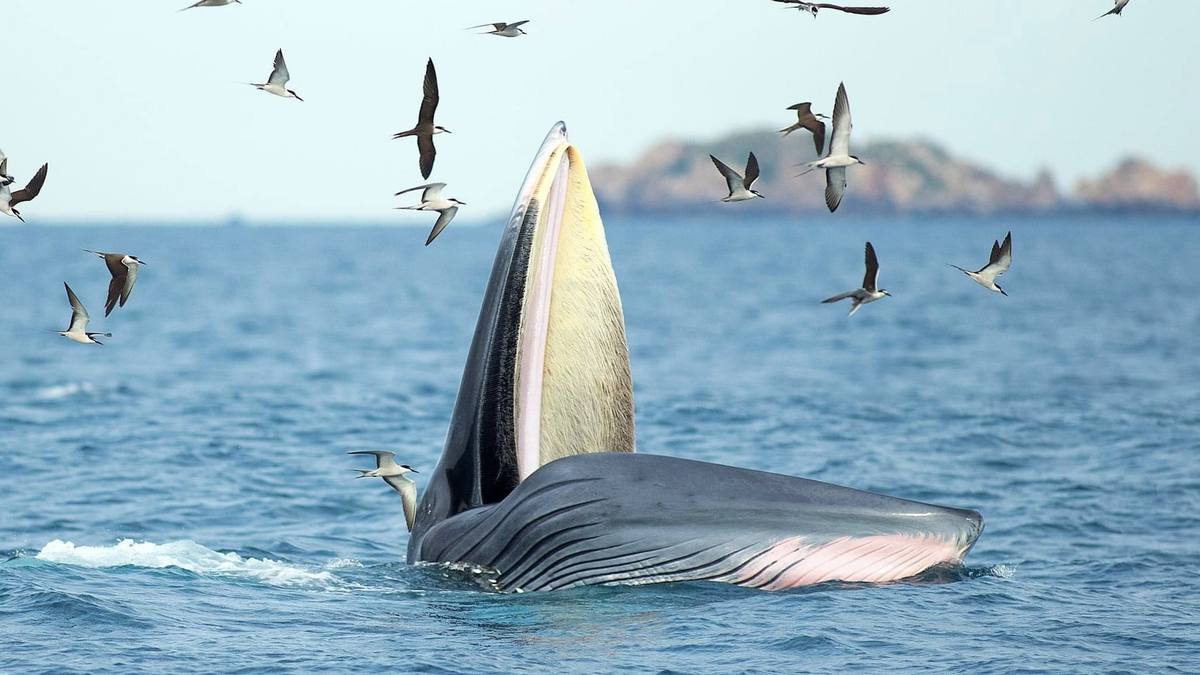

![[Photo] Cuban artists bring "party" of classic excerpts from world ballet to Vietnam](https://vphoto.vietnam.vn/thumb/1200x675/vietnam/resource/IMAGE/2025/6/26/797945d5d20b4693bc3f245e69b6142c)




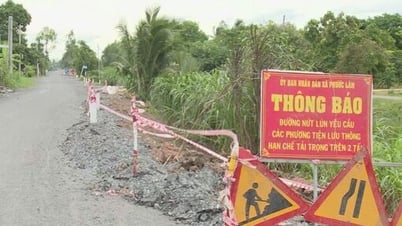

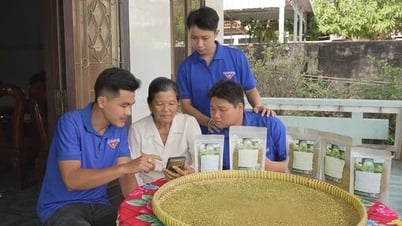






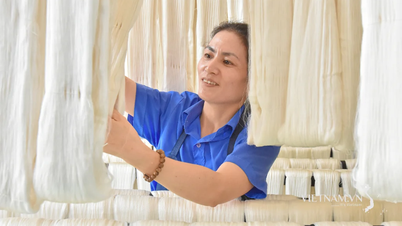





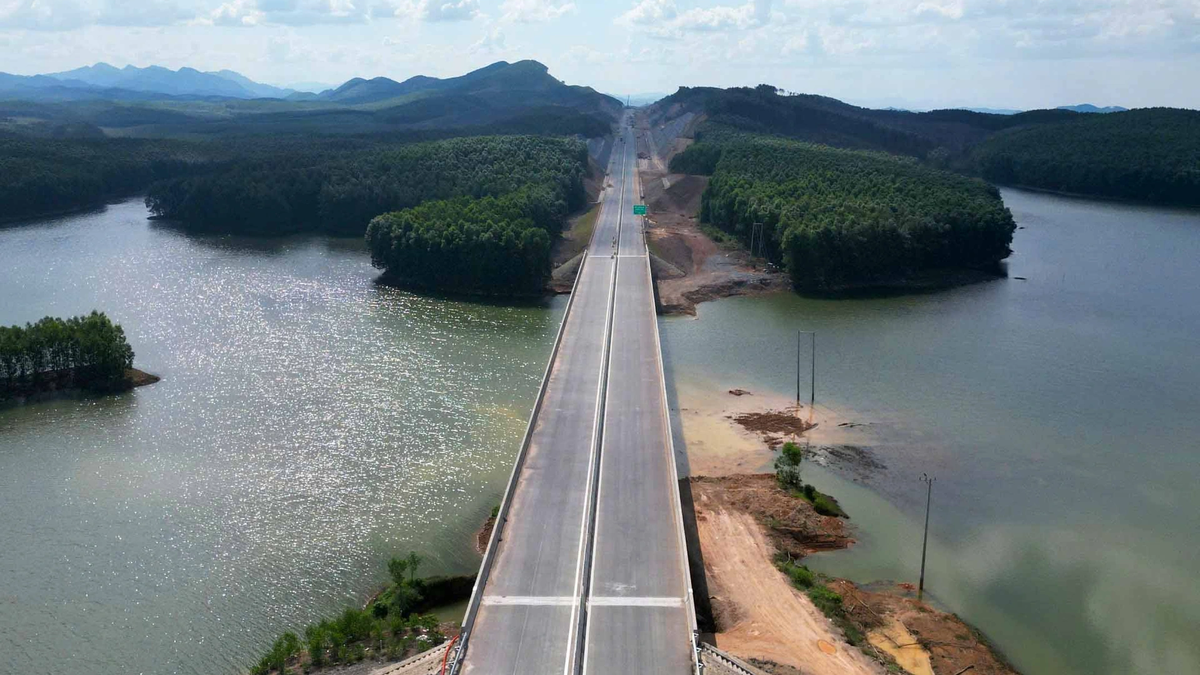
![[Photo] General Secretary To Lam receives Australian Ambassador to Vietnam Gillian Bird](https://vphoto.vietnam.vn/thumb/1200x675/vietnam/resource/IMAGE/2025/6/26/ce86495a92b4465181604bfb79f257de)








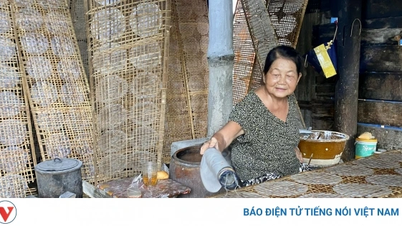

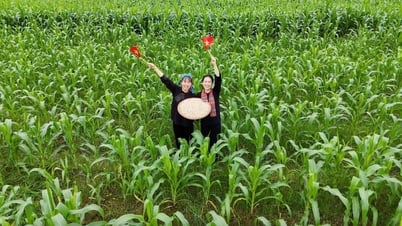

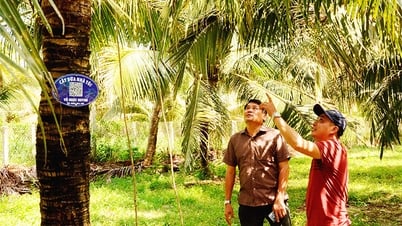



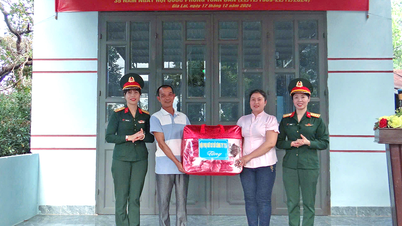

















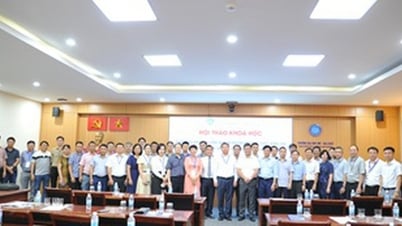















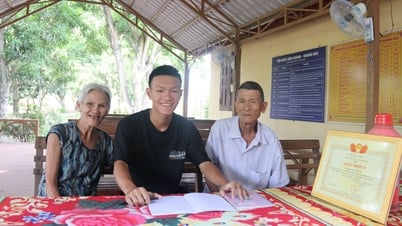


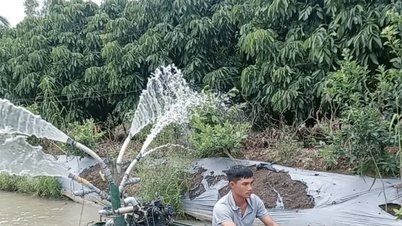






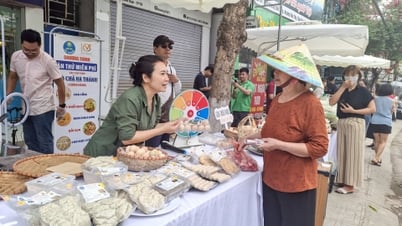









Comment (0)